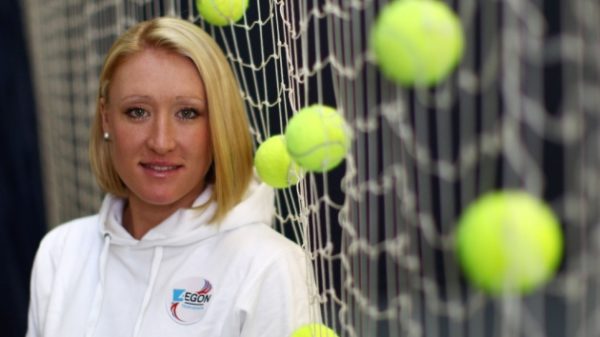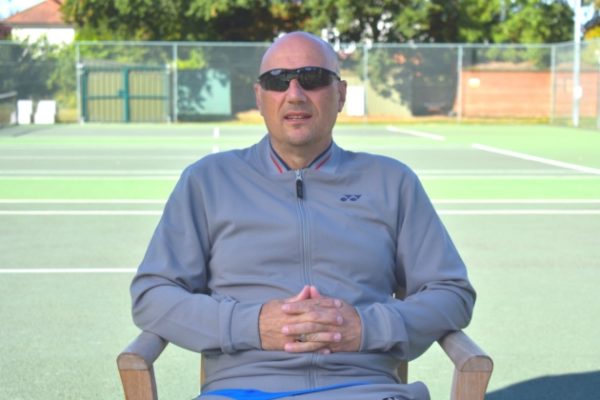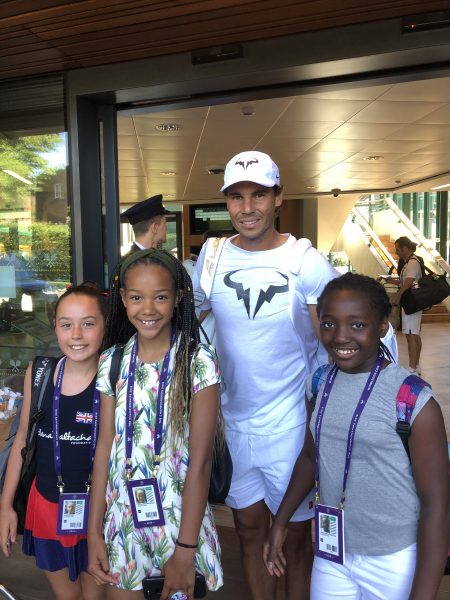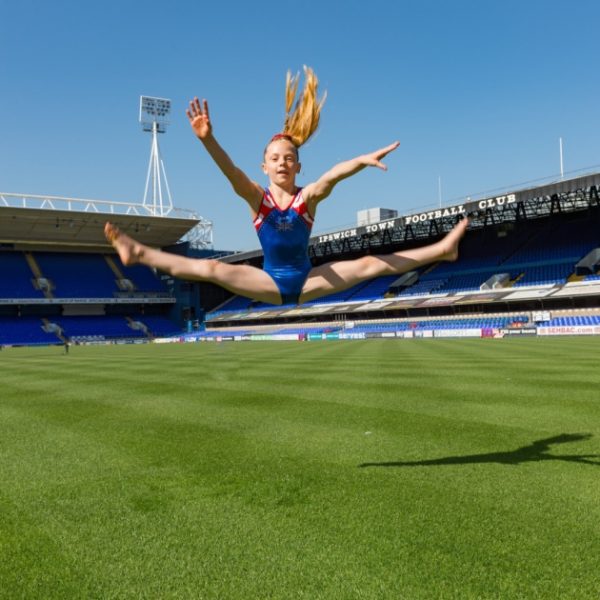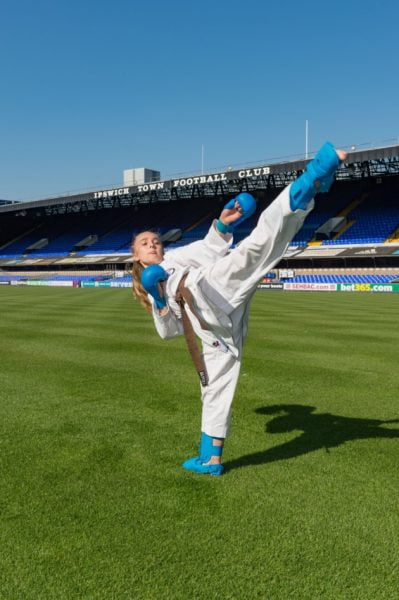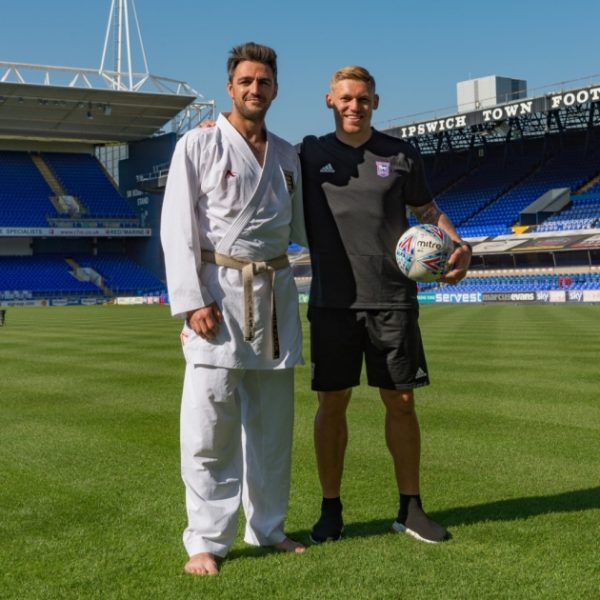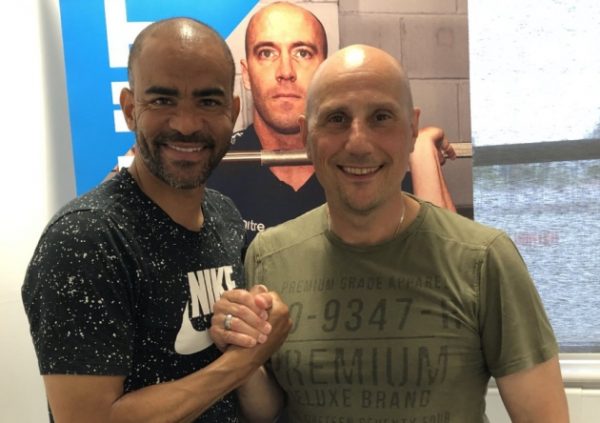Working with my team of qualified sports scientists and nutritionists I find myself supporting more and more athletes with sports nutrition for health and performance.
Focusing on this area makes me very aware of the wider public and how some of the eating habits of the general population are spiralling out of control. With Christmas fast approaching, food is very quickly becoming the centre of focus - many of us simply want to enjoy the festive period and all it has to offer, but it can come at a very big price for many.
As we are drawn further and further into the month of December there seems to be a mental shift away from the normal eating patterns that are strictly adhered to throughout the rest of the year, into an almost animalistic frenzy of eat as much as you can, as often as you can.

The lights, decorations, festive music, parties and events all have a part to play in this mindset. It almost seems that much of the population are hard wired to see the festive period as a licence to gorge, and totally lose sight of the long-term harm it can do.
For me, much of it is in the mind, and to be honest, the population is hard-wired to feel and think completely different during the festive period, by the companies who sell food and drink.
The festive period is without a shadow of a doubt the most profitable for many businesses, but at what cost? For some, and many will be athletes, they possess a discipline that provides them with the iron will to maintain their normal intake, deviating perhaps on Christmas Eve, Christmas Day and just maybe Boxing Day - but this is a level of discipline most of us can only dream of!
These individuals will increase their portion size with calm and cool control, ensuring that the increase of food at every meal is just enough for them to notice a level of indulgence, and allow them to enjoy the food they eat and the alcohol they drink just that little bit more.

After Boxing Day, they go straight back to normal, maybe deviate again over the New Year period, and get back to normality on January 2 as if nothing ever happened!
For the rest of the population it can vary from gaining a few pounds around the midriff, to sliding back into health problems that they have avoided all year round.
You cannot ignore the fact that, for some, Christmas can be a period that can spark negative life-changing experiences.
I can only imagine, for example, what a challenge the festive period would be for someone who has struggles with alcohol, with all the adverts in the media, the shop fronts decorated to entice and so many more parties to attend, with booze seemingly unlimited.
After the fun and laughter is over, the hell of being drawn back into uncontrollable drinking is the reality for many during the Christmas period, and this is no laughing matter, because it will ultimately affect all the family.
And it's not only drink of course, the diet companies must be waiting very patiently for January, a month they know will yield an incredible profit - by 2022 the global weight loss market is predicted to be worth £250 billion!
Many will start with the intention to control their intake over the festive period, but this is easier said than done with the festive period fuelling a liberal mindset as the simple carbohydrates and saturated fats test the resolve of the nation.
For many, that's too much. Not only will they gain eight to ten pounds over Christmas, it can be the beginning of a period that sees many sliding back into very large weight gain.
I join the millions across the UK who are looking forward to the festive period - but I will try my best to exercise control, enjoy all that Christmas has to offer, but at the same time being conscious of what could be waiting around the corner in 2020 if I enjoy myself just a little bit too much!

